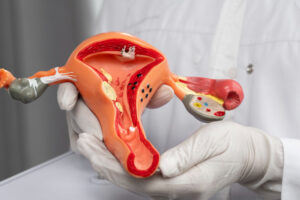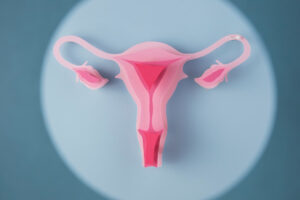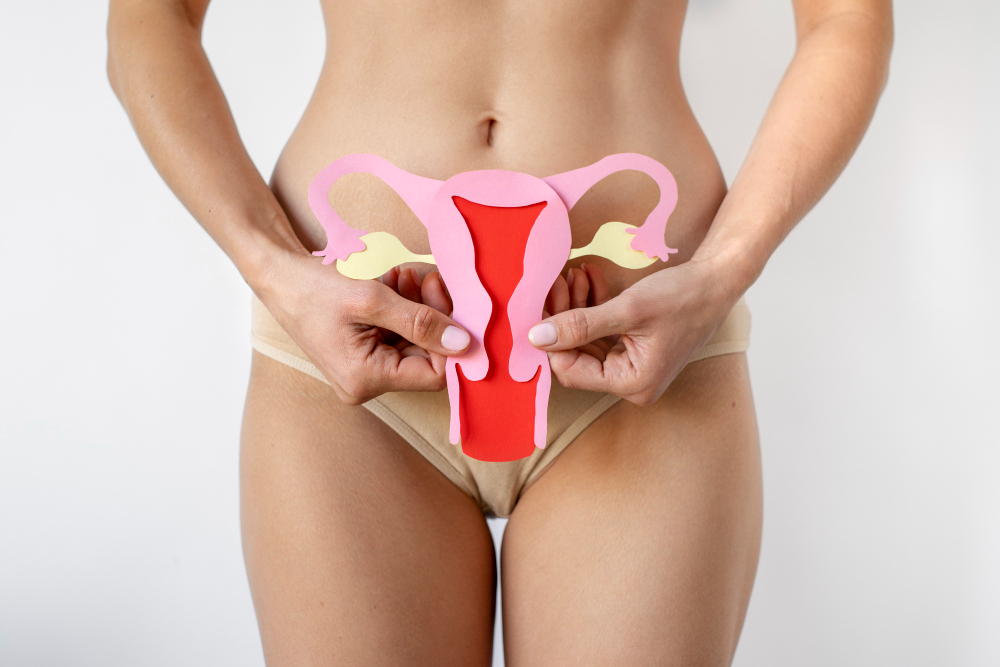It is a condition that occurs as a result of the weakening of the pelvic floor muscles and the vagina, which is the female reproductive organ. vaginal prolapseIt is linked to displacement or loosening of the vagina due to factors such as aging, childbirth, and obesity. It can negatively affect women's quality of life and cause problems such as urinary incontinence and pain during sexual intercourse.
What are the symptoms of vaginal prolapse?

It may create a feeling of pressure or discomfort in the area. It can be felt during sexual intercourse or daily activities. It may cause urinary incontinence problems.
Urinary incontinence may occur especially during times of increased pelvic pressure such as coughing, sneezing or exercise. In some cases, it can make it difficult to urinate. There may be a feeling of not being able to empty completely when urinating or a need to urinate frequently.
It can affect bowel movements and lead to intestinal problems such as constipation or fecal incontinence. It may cause pain or discomfort during sexual intercourse and therefore affect sexual function.
If vaginal prolapse symptoms If you are experiencing this or are worried about this, you should consult a doctor. The doctor can guide you through appropriate treatment and management options.
Who Gets Vaginal Prolapse?
During pregnancy, the vaginal walls and pelvic floor muscles expand and weaken. Vaginal births can cause further weakness of these muscles and increase the risk. With the aging process, the elasticity of vaginal tissues may be lost and the risk increases. Family history may influence risk. People with a history of this problem in their family may be more likely to experience this problem.
Chronic constipation requires constant straining, and this can cause the pelvic floor muscles to weaken. Regular lifting of heavy objects can put a lot of stress and vaginal prolapse may increase the risk. Being overweight can contribute to weakening of tissues. Smoking may reduce tissue elasticity and increase risk. Hormonal changes after menopause can lead to weakening of tissues. People who cough chronically may be at increased risk of weakening their pelvic floor muscles.
Vaginal Sagging Treatment Methods

Kegel exercises should be done to strengthen the pelvic floor muscles. It helps prevent disease or relieve symptoms. Physical therapists can help strengthen muscles and manage symptoms.
Therapists can apply special exercise programs and manual therapy. To relieve symptoms, doctors sometimes recommend vaginal support devices. Devices can reduce the effects of prolapse by supporting the vaginal walls.
Estrogen therapy may be recommended for some women experiencing post-menopausal problems. Estrogen can increase the elasticity of vaginal tissues. If discomfort is severe or other treatment methods do not work, surgical options may be considered.
Surgery may be performed to reposition or tighten sagging vaginal tissues. Surgical options include different procedures such as vaginal patching and vaginal meshes.
Which surgical method is appropriate is evaluated by a doctor based on the patient's specific situation. vaginal prolapse It is important to consult with a gynecologist or urogynecologist to determine the best method for treatment. They will evaluate the symptoms and recommend appropriate treatment options.






